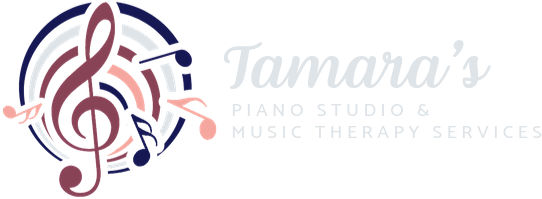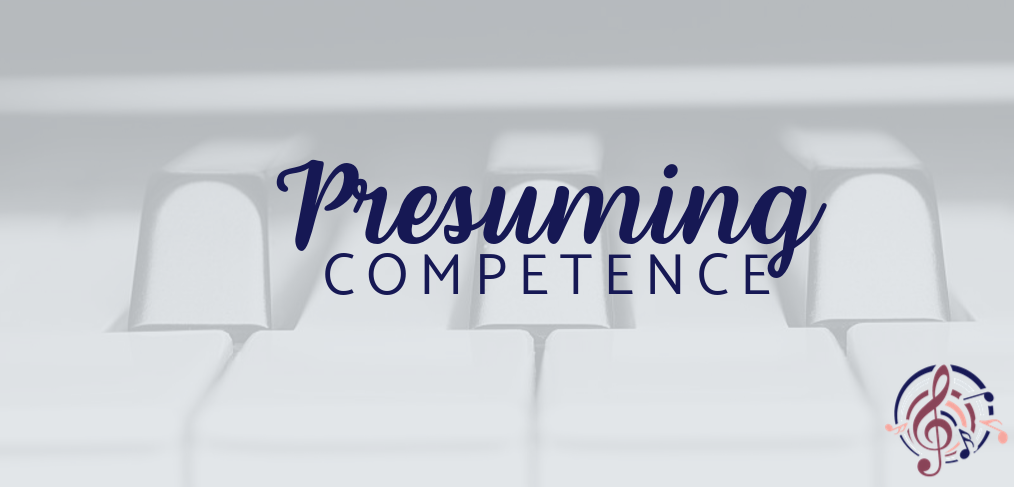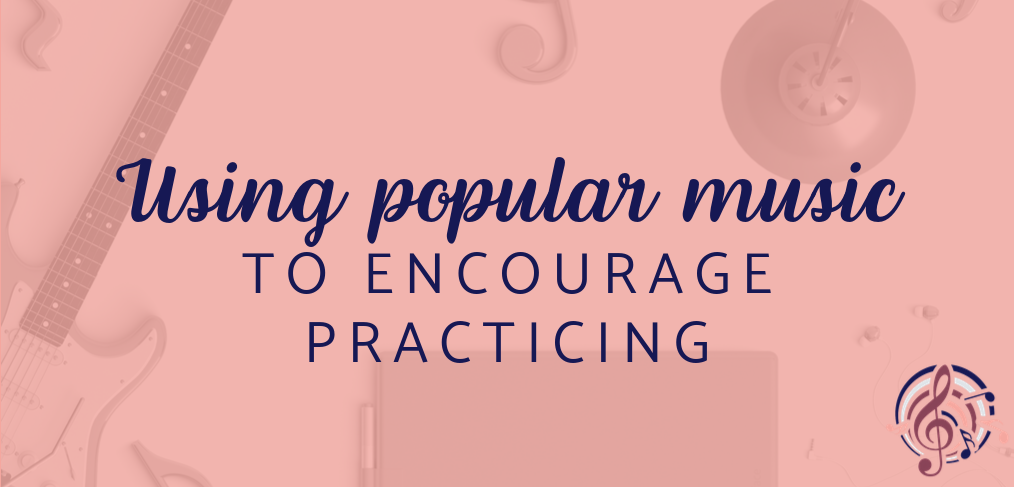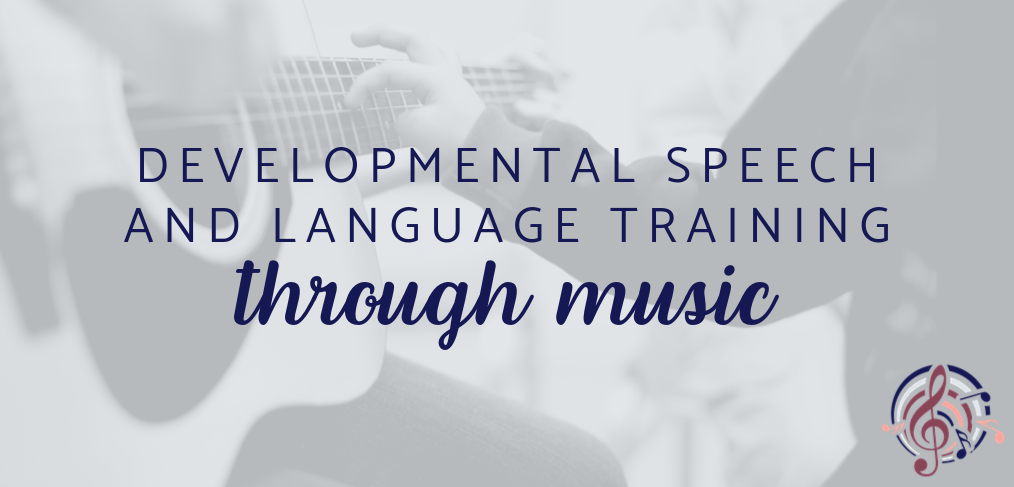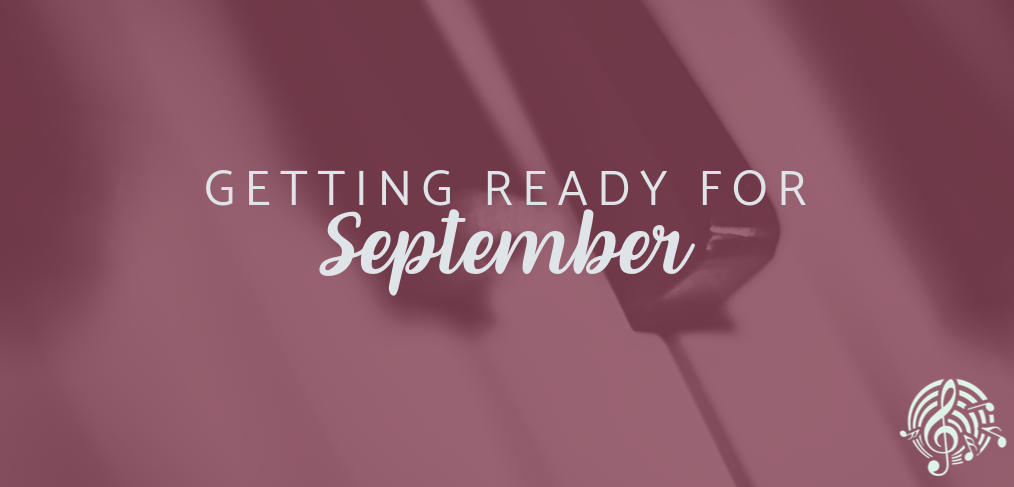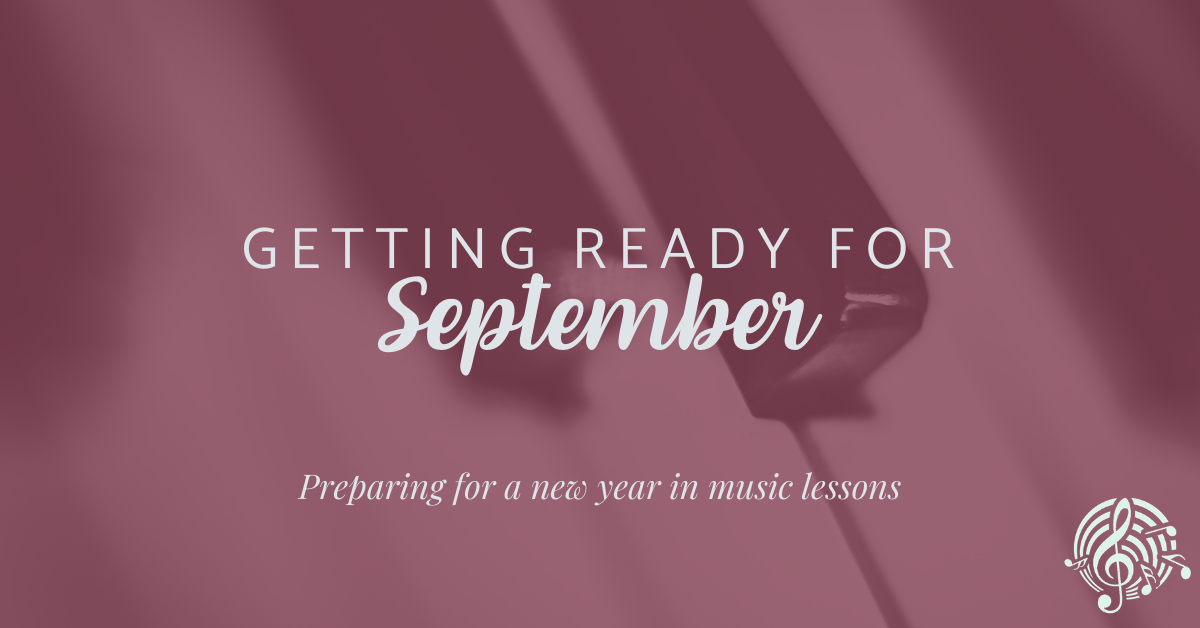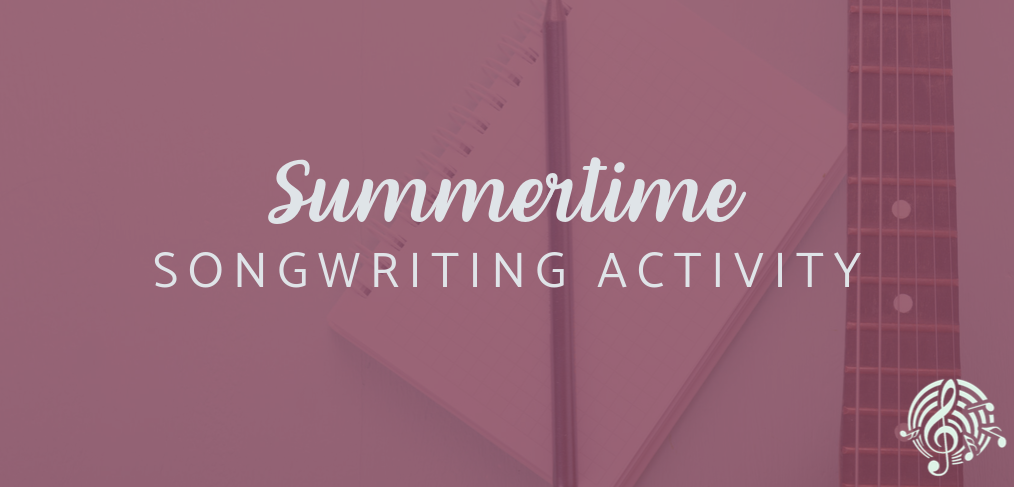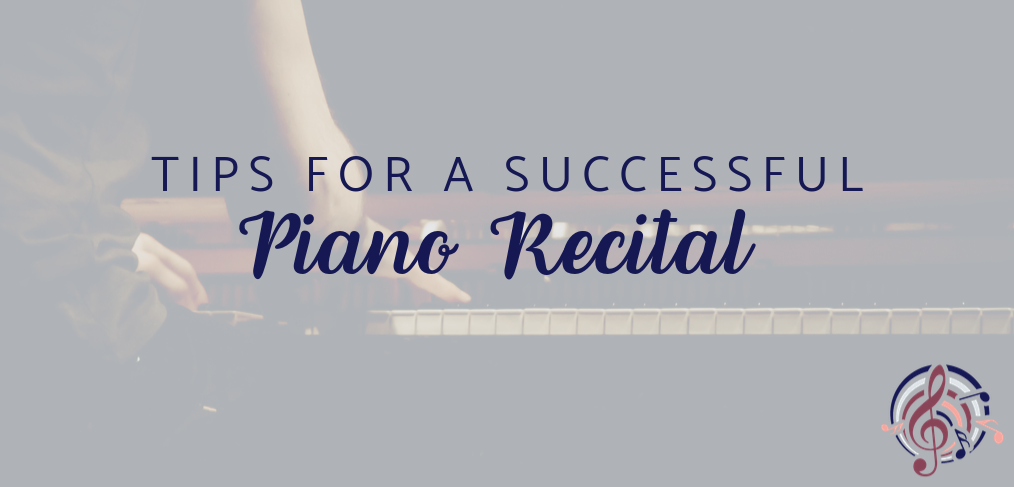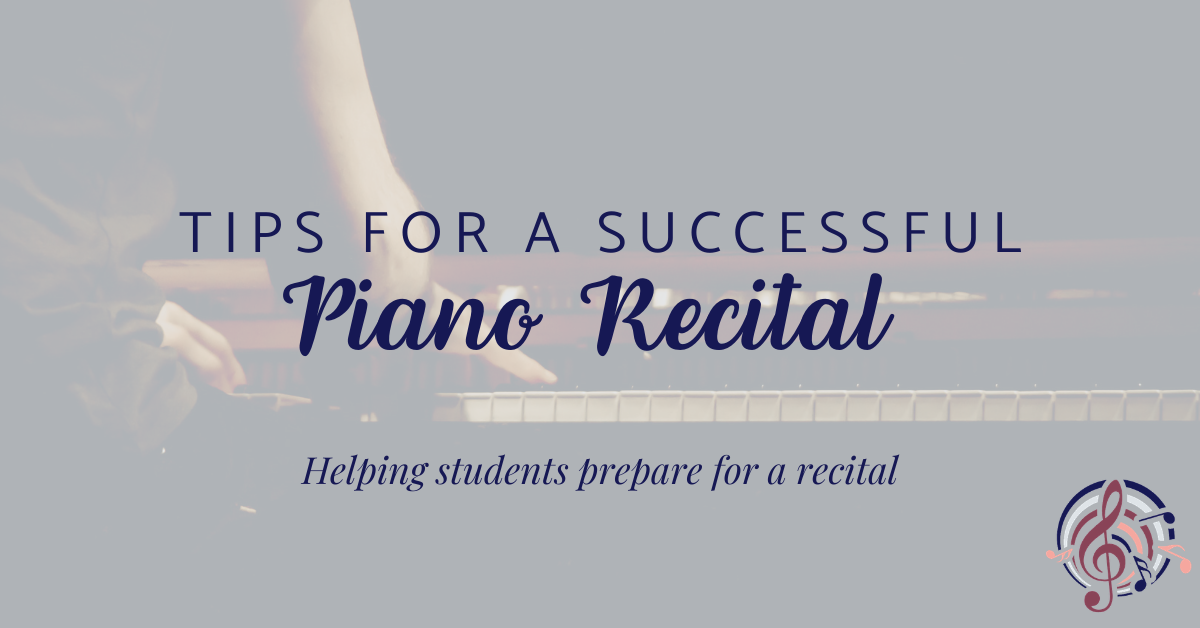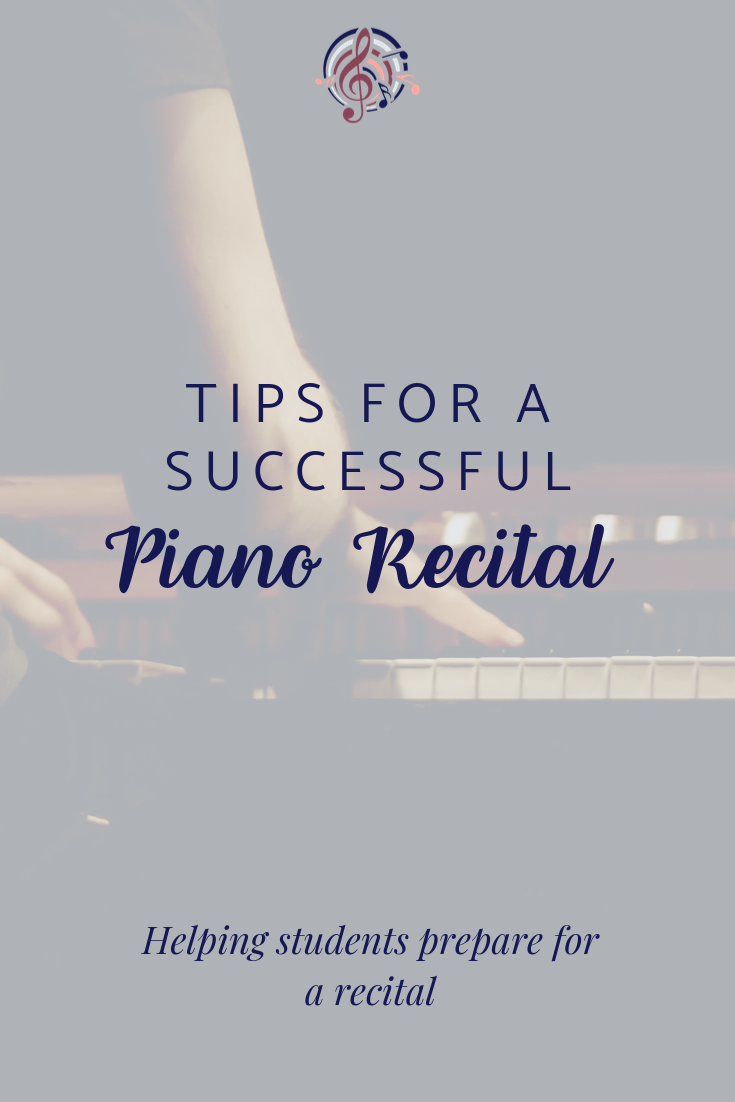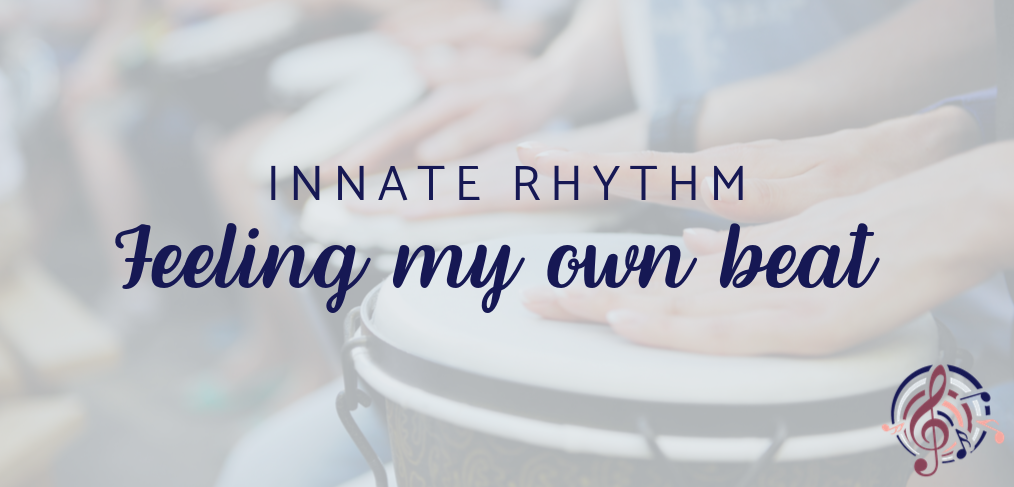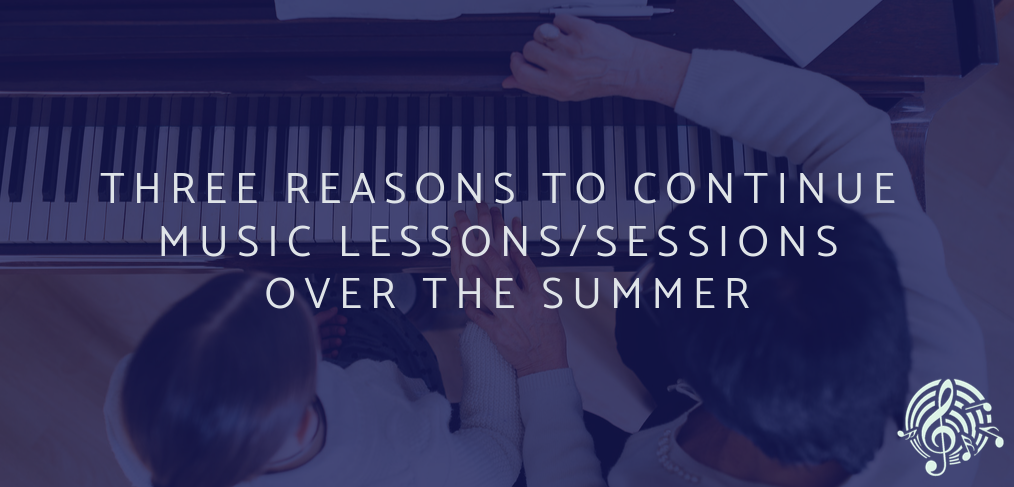Start off your new year with a big bang!
Happy new year to all of our current families, students and clients, and all those reading!
We hope that your winter holidays were filled with time spent in good company and full of joy.
The new year has always felt like a funny spot in the (sort-of) middle of the school year. On the one hand, we celebrate the turn of a year, resolutions are (sometimes) made, and you find yourself scratching out “2017” and writing “2018” over top for about a month or two. Not to mention that once you get to high school, January sometimes means exam season!
At TPSMTS, we wanted to kick this year off with music! Specifically some from my own repertoire of songs that either I listen to, or are occasionally used in lessons/sessions with students/clients, or simply ones that may be great to help kick off the new year!
You’ll recognize some winter classics, some radio, maybe even a musical or movie or both? Have a listen with our YouTube playlist and Happy New Year!
